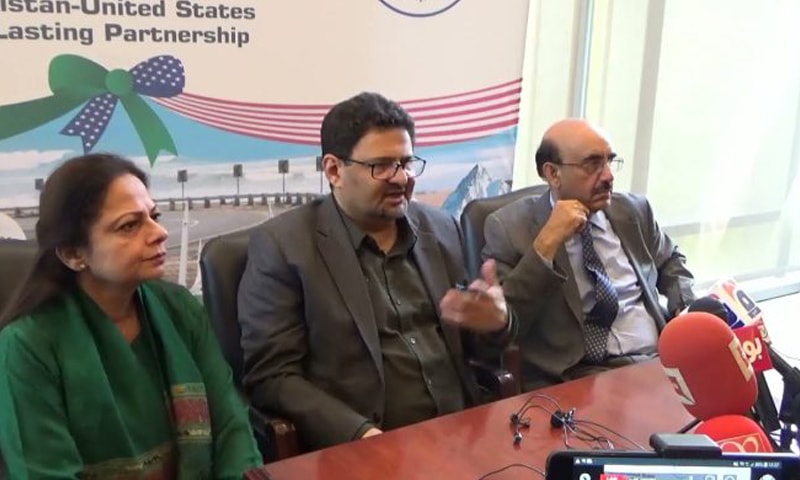By: Deedar Ali Bangwar
Plastic waste is a global crisis – one that’s rising more severe with every passing day. Global plastic streams into seas are predicted to triple within two decades. And Pakistan lonely produced approximate 3.9 million tonnes of plastic waste in 2020. Around 70 per cent of this plastic waste 2.6 million tonnes is mishandled, left in trash yards, unmanaged dumps, or scattered about land and water bodies across the country.
An estimated 8 million tons of plastic trash reach the seas every year. By 2050, it is believed that there will be more plastic in the oceans than fish. Plastics pose threat to nature by being non-biodegradable and lethal. A modest plastic pouch can take up to 500 years to decay while a plastic pot can take around 300 years! Sadly, plastics account for 65% of the total waste in Pakistan; 55billion plastic pouches are being utilized in the country with a due annual rise of 15% in their usage. Immediate and crucial steps are needed to decrease the usage of plastics to protect our country and our planet.
As the world’s capability to deal with the fast-paced manufacturing of disposable plastic stocks decreases, plastic pollution has evolved into one of the most pressing environmental challenges of contemporary periods. While disposable plastics have a brief lifespan, they are yet around in the atmosphere long enough to extend risk to animals and ecosystems. To face this threat, endeavours are underway to formulate an international agreement to be arranged. National and local actions are confirming unsatisfactory and fragile effectiveness owing to the hierarchy and transboundary nature of plastic pollution, which has evolved into a global environmental burden.
In 2019, Pakistan became one of 128 countries with a single-use plastic (polythene) bag veto in place. Pakistan’s ban curtailed the generation of 600,000 kilograms per annum. The achievement of the ban banked on both perception of the ban, formulated by Ministry of Climate Change-led academic movements for citizens and factories, the unrestricted distribution of alternative pouches, and media coverage of strict enforcement measures taken by the Pakistan Environmental Protection Agency, as well as access to inexpensive options attained by the identification of indigenously generated reusable pouches. Grandly, nonetheless, the ‘Environmental Protection Agency’ started to legislate against violators at both the buyer and manufactory levels, Therefore, altering behaviour. Punishments were charged for the production and exchange of plastic pouches, with penalties adapting from between 500 to 500,000 Pakistani rupees.
To eradicate plastic pollution, restricting plastic pouches is not sufficient. Imaginative antidotes are required to deter and mitigate plastic waste and pollution.
The government should create a nationwide perception via advocacy campaigns, seminars and conducting beach cleaning activities. Being decent citizens, it is our collective obligation to toil jointly in highlighting, dealing with and fighting plastic pollution besides mobilizing industries and governments to assure a healthful world by preventing the usage of plastic in daily life.
The writer is a freelance columnist, based in Kandhkot, Sindh. He can be reached at deedaralibangwar1@gmail.com








